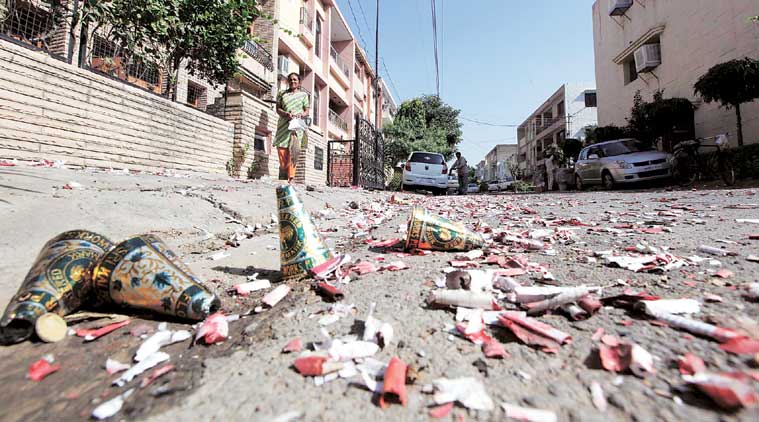
Festivals in India and No Value of Human Lives
Festivals are important for human societies. They are the occasions to celebrate and most of them offer occasions to commune with other human beings. Indian society, particularly caste-ridden Hindu society, has many festivals. Most of the secular festivals are now being co-opted by the neo-Hinduism and they have become vehicles to further the agenda of a few select castes.
Most of the festivals throughout the world were associated with the agriculture, because before “any” culture was formed “agri” culture was the ruling culture. So we see many festivals associated with the cycle of agricultural activities and the festivals in India concur with different stages of agriculture. This pattern is found throughout India.
But when the festivals are made political, then the real problem arises. For example, the festival of Deewali (known as the festival of lights) is now linked with the coming of Ram to his Kingdom after defeating Ravana. This is mythology imposed on the agricultural festival. For no one knows if Ram was born and whether Ravana lived and where he lived. Assuming that they lived, their stories have no real significance to the modern human beings and their story does not offer any development in the human society. The story can have entertaining value. Just that.
The stories of the past when they are narrated in the present are not neutral. They are told to further some ends and told in a way that helps to further certain power structures. We will not, therefore, discount the stories as they affect the human lives and causes suffering to the human being. Indians know what happened after the Babri Masjid was demolished and how some political parties are trying to make an issue over “sacred” geography.
Coming back to the present day debate in India about bursting firecrackers during the Deewali festival in New Delhi. Last year, after the Deewali, New Delhi was clad in smog for many days and the level of pollution rose to dangerous proportion. So this year, the court banned the firecrackers in New Delhi. The court is right in banning the firecracker because it is not mandatory to burst the crackers during this festivals. Bursting of the firecrackers is a recent phenomenon, people can, of course, lit the lights if they want to, but their celebration of festivals should not cause health hazards. In New Delhi, it is said that one out eight deaths are linked with pollution.
The political organisations and religious body should not make this issue political because the human lives are involved. If any festival is dangerous to the human being, somehow the state must step in to stop it for the larger interest of the society. If the religious ideas are causing health hazards, those ideas must be ended either by decree of law or by the initiatives coming from the religions themselves. We can’t make fellow individuals suffer because of our inclinations to the celebration. Above all, right to life will always be more important than the right to burst the cracker.
Author – Mangesh Dahiwale, Human Rights Activist



All the ” Hindu ” rituals / festivals relatively become “Devastating ” thus causing Ecological imbalance.